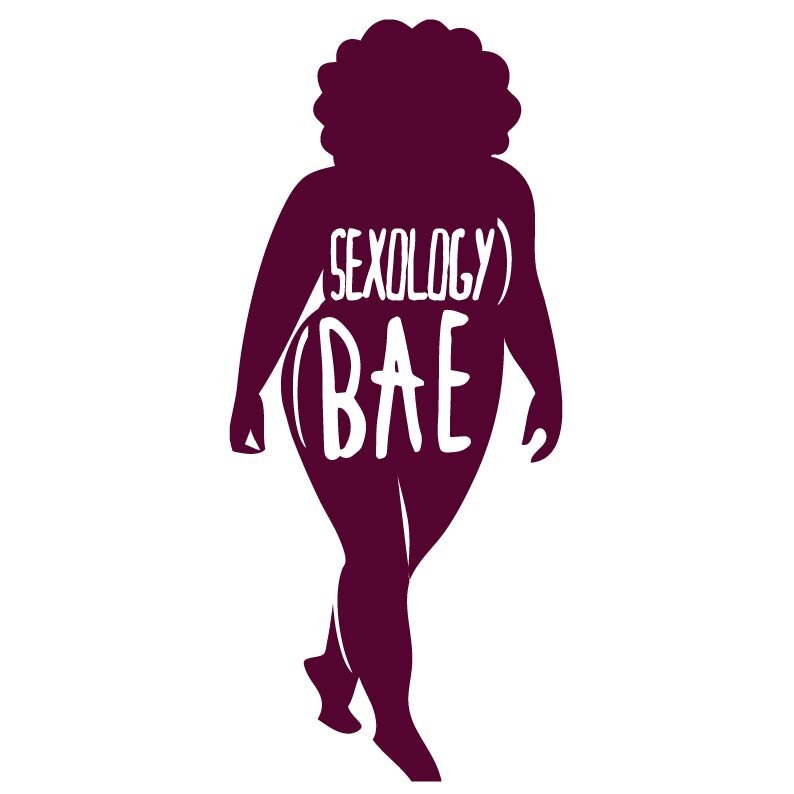When people ask me what I've been up to since I graduated, my first response is always "living". College was a rough time for me (like almost everyone I know), and the months since have allowed me to take steps to become the person I want to be. My mental health has improved, my skin has cleared up, and most obviously, I've lost a lot of weight.
Being fat my whole life means that I grew up hyperaware of my body in a way that smaller people didn't. As I got older, it became increasingly obvious that the world had disdain towards me for being fat. Fatphobia is more than just fat-shaming, and has real consequences in the lives of fat people. I remember when I had my first panic attack after my grandmother died when I was 16. My doctor acknowledged that I might have an anxiety disorder but didn't want to consider medication because "most of those medications make you gain weight and that's the last thing a 16 year old girl would want". Maybe I wanted better control over my health, but sure, let's keep me from getting fatter. At 18, I was told that I would probably be infertile because of my PCOS and having excess weight would make it even harder to conceive.
I've noticed my body changing over the months, but it's a side effect of having the time and money to go grocery shopping as well as having a partner who pays for my gym membership and a job that affords me the time to go 4-5 days a week. I can say from experience it's not just as simple as "buy and cook healthy food". There's classism inherent in our societal conversations around fatness but no one really wants to hear that. I was in college and pretty well off for 4 years, and I still didn't have time to buy food, cook, and eat anything other than garbage most of the time because of everything I had to do in a day.
The conversation around weight loss is still one I'm not sure how to step into, or one I should step into at all. Even at my biggest, I was still considered a smaller fat. I've always occupied a relative amount of privilege. Now, depending on who you ask, I'm not even fat anymore. I'm technically average, which is mind boggling as a person who wore a size 16 in middle school.
In this body, trying to speak about fat positivity and body acceptance seems disingenuous at best, privileged and space occupying at worst. Knowing that this is the case doesn't make it any easier to cope with, but I've genuinely lost a community and that's heartbreaking for anyone to deal with.
People who wouldn't believe me about the way I experienced the world in a bigger body would be more inclined to listen to me in my smaller one, but those aren't my experiences anymore so it seems weird to talk about at all. I would've preferred to live my life and not have anyone acknowledge that i look different, because most of the time I feel like I look the same as I did a year ago. The physical adjustments were relatively easy to handle, but nothing can really prepare you for the mental aspects of becoming a new person.
The way I move in the world now is different from anything I've ever experienced before and I'm not sure how to feel about it or where I can even process my feelings, but it's a very unique space that I occupy. Trying to explain that I feel just as visible but only because I'm perceived as more attractive and less of a social burden makes me sound like I'm seeking validation. Fat people don't care because they don't have to, and thin people don't deal with the social impacts of living in a fat body so it's irrelevant to them.
Walking around in a more privileged body carrying the knowledge of what it was like to have less privilege just a short time ago feels like being really good at random trivia but never having any opportunities to show what you know because your knowledge is so specific. I don't resent anyone for not caring about my "skinny tears". I just hope that I'm able to find a space where I'm able to use my privilege and experiences to advocate and amplify the voices of others who aren't given the same opportunity.



